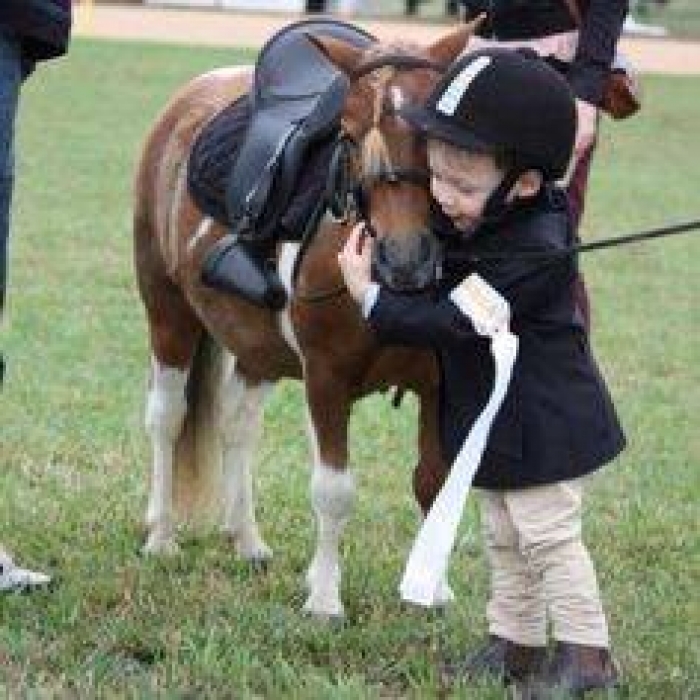
InFocus
Where to start?
evelynsmith -- Mon, 24-Aug-2015
Horses. There are so many stereotypes about these unpredictable animals, one being they are therapeutic for humans. Now I’m not saying this isn’t true. There have been so many horses in my life that have done wonders in the way of strengthening my personality, teaching me determination and the ability to care for another needy living thing, other than myself. Essential to this is to have the right horse. The horses that have been therapeutic for me (if you can call it that) have been horses that I trust and know aren’t out to hurt me. I have absolute faith that my parents would never have put me on a horse that was going to intentionally hurt me. But that is because they have the expertise to judge what horse is likely to be dangerous and what horse isn’t. Now I don’t necessarily advocate that the uneducated rider buy a 30year old horse that concentrates only on breathing. Buying a horse that does nothing for your riding on the terms that it keeps you safe is not what I’m suggesting. Safety is paramount but this doesn’t need to hinder your ability to learn how to ride. It’s the matter of choosing the right horse that is going to excel your riding ability in the most enjoyable way possible rather than give you an injury. Lying in hospital with broken bones is not therapeutic in any way possible, at least not in my books.
So where does someone go if they need assistance in buying a safe horse and how do they know whether they are trustworthy or not? Are there too many 'experts' in the equestrian world willing to sell uneducated people dangerous horses? Are these ‘experts’ speaking from their own lack of knowledge and deluding themselves into believing their own 'honesty'.
We put our lives at risk every time we mount a horse, but there are ways to minimize that risk. There needs to be trustworthy and educated people that are willing to walk the uneducated through the minefield of potential hazards. So many kids nowadays want a pony to love and care for, to show their friends and for it to be that pony they see portrayed on television shows. They don’t want that nasty pony that bucks and bolts at every opportunity. People shouldn’t have to ride in fear all the time just because they lacked the knowledge in knowing whether that horse was suitable for them or not.
What is the solution to this? Is it just that people need to be more honest when selling or leasing a horse or that people need to know when to seek for help?

